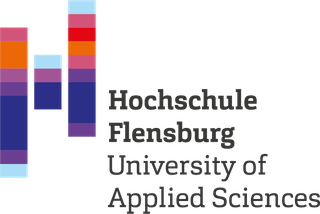Finding relevant research solutions for practical problems: the serp taxonomy architecture
Petersen, K., & Engström, E. (2014). Finding relevant research solutions for practical problems: the serp taxonomy architecture. In Proceedings of the 2014 international workshop on Long-term industrial collaboration on software engineering (S. 13–20).
